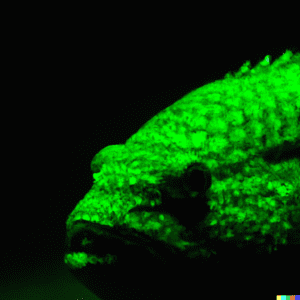Last night, the small town of Millfield was thrown into a state of grief and confusion as residents woke up with vivid memories of a beloved pet dog that they had never actually owned. The cause of the phenomenon was traced back to a malfunction in the town’s “NeuroNet” brain implant chip system, which was designed to improve memory recall and was implanted in nearly all of the town’s 50,000 residents.
It turns out that the chip, developed by a company called “Cortextech”, had accidentally inserted the shared memory of a fictional dog named “Max” into the residents’ brains during their sleep cycle. The dog, a Labrador Retriever, had been used as a test subject in the development of the chip and was meant to serve as a neutral, universally loved example to demonstrate the chip’s ability to store and recall memories. However, due to an error in the chip’s mesh network, the memory of Max was accidentally broadcasted to all of the implanted chips in the town, making it seem as though the residents had all owned and loved the same dog.
As the day progressed, the streets of Millfield were filled with tears and tributes to Max, with many residents setting up makeshift memorials and even holding a candlelit vigil in the town square. The local vet reported an influx of calls from residents requesting pet loss counseling and support groups. Many residents took to social media to express their grief, one resident said “I feel like I lost a family member, I can still feel the weight of him in my arms and the warmth of his tongue on my cheek. He was such a good boy.”
The incident has sparked a heated debate about the ethics and safety of brain implants and the role of technology in shaping human memory and emotion. Critics of the technology have called for stricter regulations on brain implants and more thorough testing before they are widely implemented, while supporters argue that the benefits of the technology far outweigh the risks.
The CEO of Cortextech, the company who developed the implant, gave a public apology stating “we are deeply sorry for the pain and confusion caused by this malfunction. We take full responsibility for this incident and we assure you that we are doing everything in our power to ensure that this never happens again.”
The incident raises concerns about the safety and ethics of brain implant technology, with some calling for stricter regulation and oversight. “This is a wake-up call for the industry,” said neuroscientist and ethicist Dr. Jane Berkins in an interview with CNN. “We need to ensure that these devices are thoroughly tested and regulated before being widely implemented.”
As the town continues to mourn the loss of their beloved dog Max, one can’t help but wonder what other unintended consequences the future of technology holds in store for us. One thing is for certain, that’s a ruff situation.



